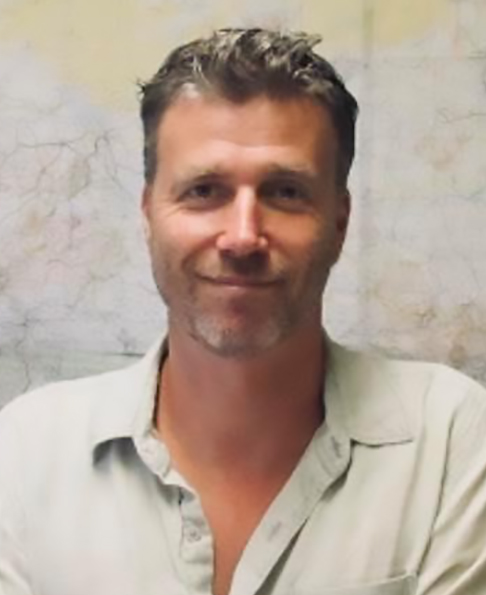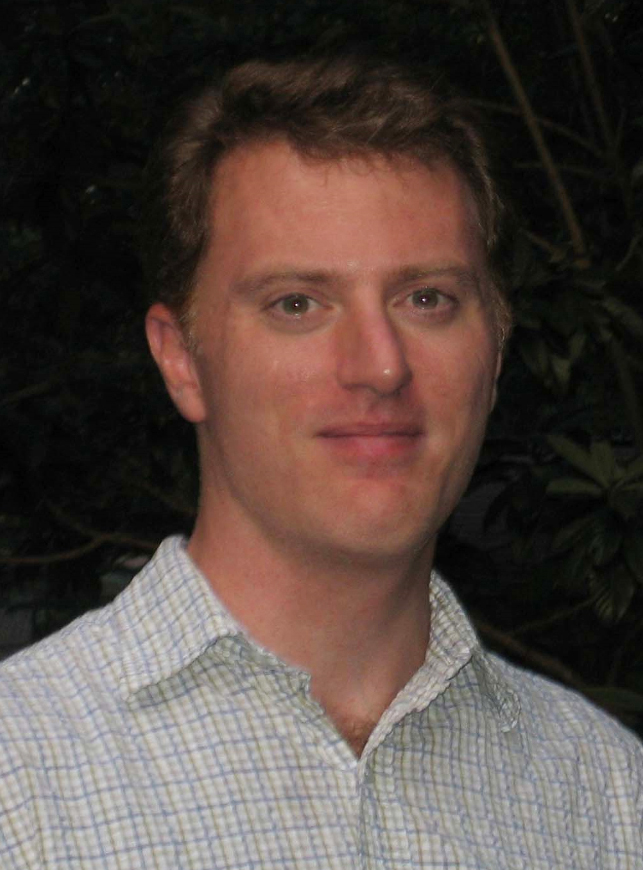Faculty Opportunities
Zucker/Goldberg Center Research and Professional Development Award
The Zucker/Goldberg Center for Holocaust Studies invites applications for funding to support research, teaching, professional development, and course preparation on topics concerning the Holocaust, genocide, human rights, antisemitism, racism, fascism, and related issues, broadly conceived. Awards will generally range from $1,000-$2,000 but higher amounts may be considered in extraordinary cases with demonstrated need and significant potential outcomes.
In allocating these funds, the Zucker/Goldberg Center seeks to support research and teaching at the College of Charleston that will improve faculty preparation and student learning. To this end, we specifically encourage applications for funds to develop new syllabi, attend training, improve existing on-campus learning initiatives, or create new student opportunities.
Applications are accepted on a continuous basis or until allocated funds are expended each year. Those receiving support may be asked to lecture in Zucker/Goldberg Center courses or present the outcomes of their work to colleagues and community members at the Yaschik/Arnold Jewish Studies Center.
Interested faculty should submit a one-page proposal and any necessary supporting documentation explaining the project and funding request to Assistant Professor Chad Gibbs, director of the Zucker/Goldberg Center, at gibbsc@cofc.edu.
Recent Award Recipients

Marjory Wentworth
Instructor,
Department of English
Marjory Wentworth is the New York Times bestselling coauthor of Out of Wonder, Poems Celebrating Poets. She is also the co-writer of We Are Charleston, Tragedy and Triumph at Mother Emanuel and Taking a Stand, The Evolution of Human Rights. She has published four collections of poetry, and she served as the poet laureate of South Carolina from 2003-2017. This year, she was named a Black Earth Institute Fellow. Wentworth teaches at The College of Charleston, where she is part of the Social Justice Working Group for the Center for the Study of Slavery and the Refugee Resettlement Taskforce.

Christopher Day
Associate Professor of Political Science,
Director, African Studies Program
Political authority in Sudan has long relied on the power of its armed forces. In the country’s multiple internal conflicts, Sudan’s military has been directly implicated in many cases of mass categorical violence, including the genocide in Darfur in the mid-2000s. To understand more fully why military power can lead to such outcomes, Professor Christopher Day’s current work supported by the Zucker/Goldberg Center Research and Professional Development Award examines the colonial foundations and the historical development of Sudan’s security institutions. These include a range of actors beyond its regular army such as police and wildlife authorities, proxy armed groups, and ethnic militias that commit genocidal violence on behalf of the state.

Michael Ruscio
Associate Professor, Department of Psychology
Professor Mike Ruscio’s training and research expertise are in the field of behavioral neuroendocrinology with an emphasis on the mechanisms underlying complex social behavior in vertebrates. He plans to use the Zucker/Goldberg Award to research the existing models of neuroendocrine mechanisms and consider the degree to which they apply to our understanding of human behaviors. Professor Ruscio intends to pursue this work in the context of a new course exploring these ideas about human nature.
His class will examine the interactions among the psychological, biological, and cultural factors on the evolution of human social behaviors. Key questions will include, are humans more inherently prone towards violence and conflict, or towards pro-sociality and resolution? To what extent are these propensities driven or constrained by our neurobiology? How do our neuroendocrine responses influence our perception of in-out group membership and affiliation or hostility towards others? Does the arc of history bend towards increasing civility, or do humans societies invariably wax and wane between periods of peace and war? To examine these questions, the course will delve into recent research with a focus on behavioral neuroendocrinology, but also considering the perspectives from psychology, history, and medicine.
